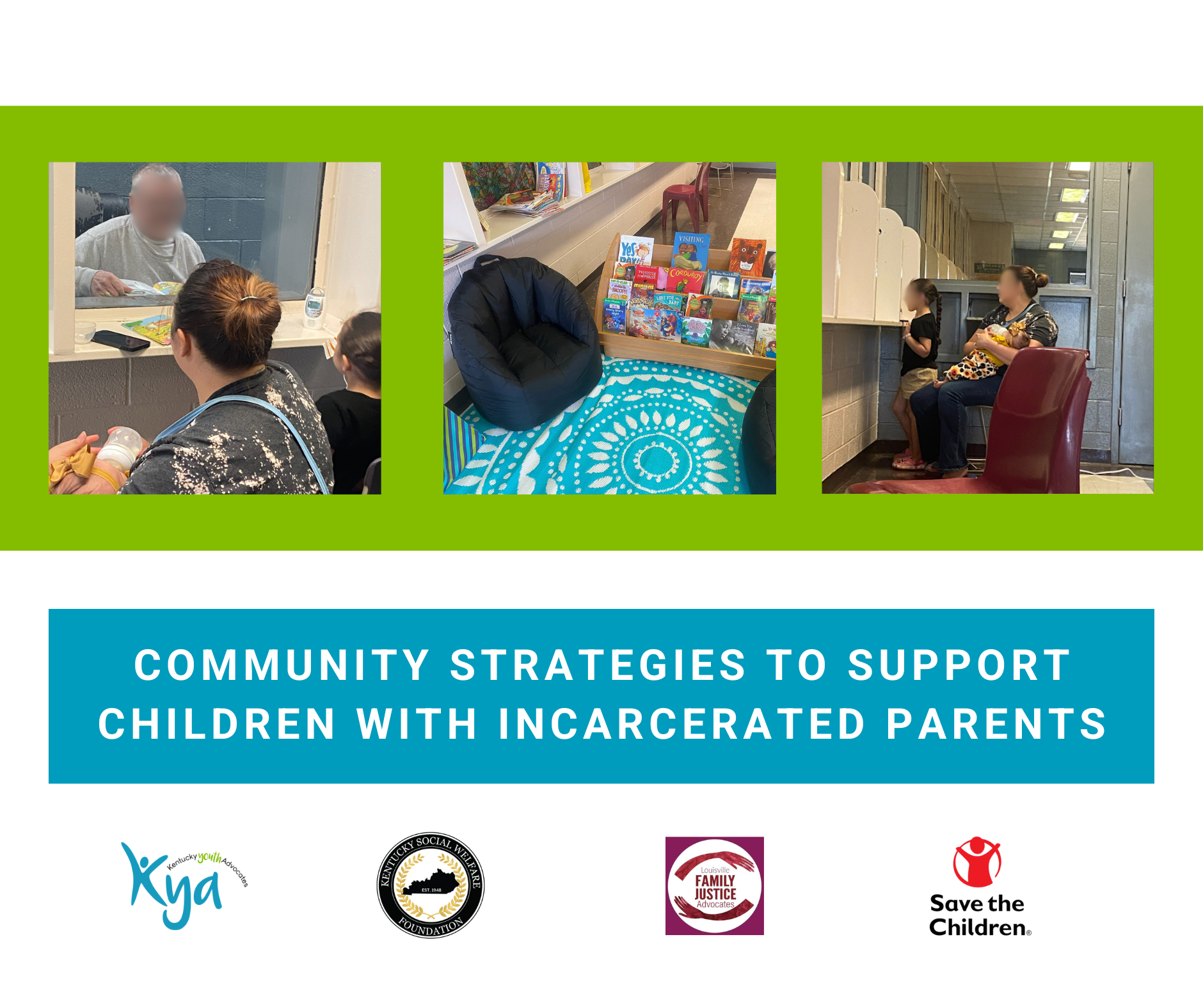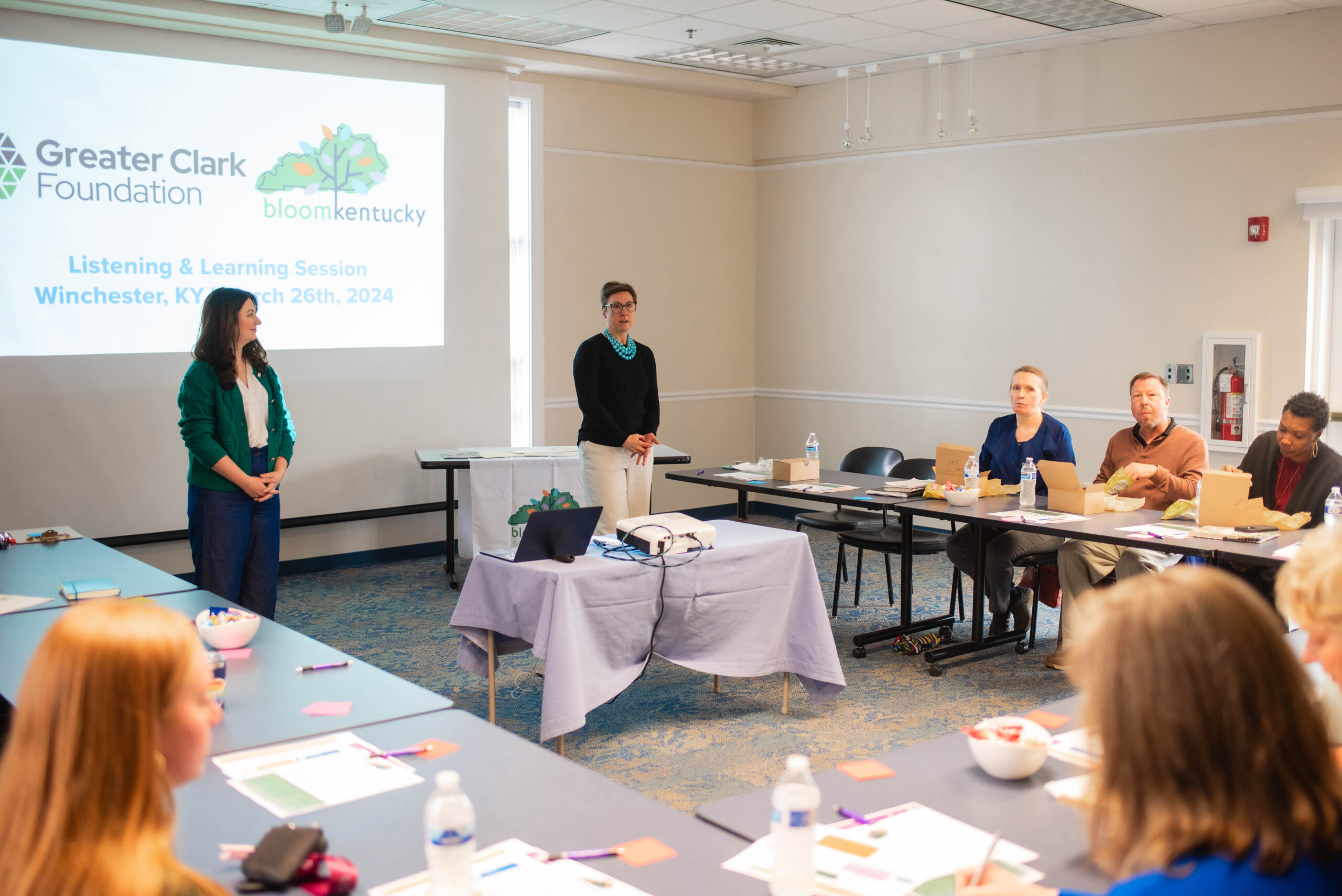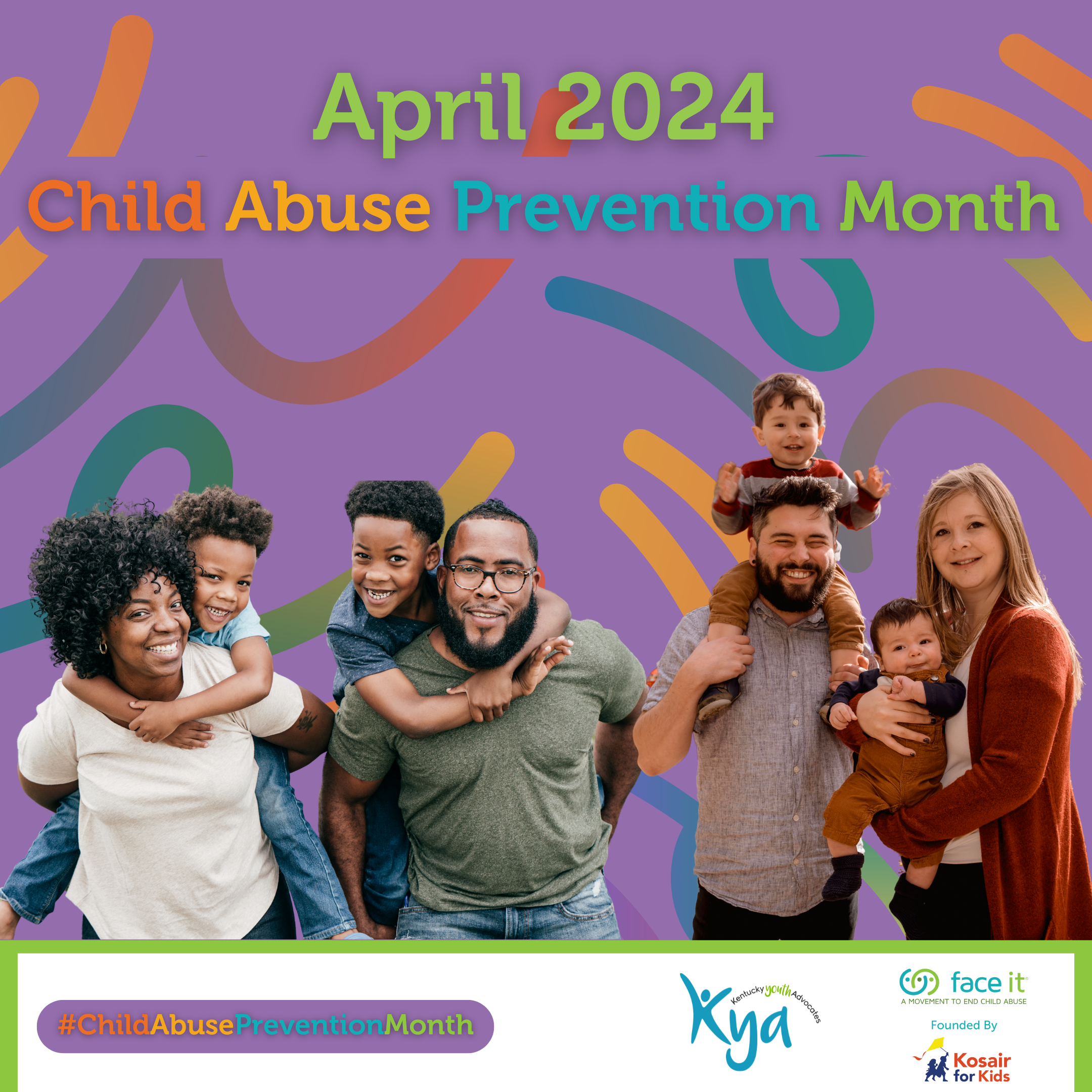 When the final gavel sounded on the 2021 General Assembly, several pieces of legislation passed that will begin to close gaps in opportunity for children of color. Among these policies that became law was Senate Bill 10, co-sponsored by Senator David Givens, Senator Whitney Westerfield, and Senate President Robert Stivers, which established a Commission on Race and Access to Opportunity. The Commission is tasked with providing studies, research driven policy proposals, and annual reports crossing the sectors of education, child welfare, health, economic opportunity, juvenile justice, criminal justice, and any other arenas that are considered relevant for advancing services and opportunities for communities of color.
When the final gavel sounded on the 2021 General Assembly, several pieces of legislation passed that will begin to close gaps in opportunity for children of color. Among these policies that became law was Senate Bill 10, co-sponsored by Senator David Givens, Senator Whitney Westerfield, and Senate President Robert Stivers, which established a Commission on Race and Access to Opportunity. The Commission is tasked with providing studies, research driven policy proposals, and annual reports crossing the sectors of education, child welfare, health, economic opportunity, juvenile justice, criminal justice, and any other arenas that are considered relevant for advancing services and opportunities for communities of color.
The Commission is comprised of thirteen members, including eight legislative members representing both sides of the political aisle, and five appointed community social policy experts. The Commission will be meeting throughout the interim period of the General Assembly. See the full schedule of upcoming committee meetings here.
During the Commission’s August meeting, one topic the members focused on was inequities in sentencing within the juvenile justice system. General Assembly made strives to improve the justice system through policies, such as Senator Westerfield’s SB 200 of 2014, which refocused Kentucky’s system on what works in juvenile justice for youth and families while maintaining public safety, and last session’s Senate Bill 32, which eliminated the mandatory transfer of youth ages 14 and older to adult court for situations where a firearm was present.
As the Administrative Office of the Courts presented to the Commission, they discussed the success of mandatory diversion in reducing the number of low-risk youth entering the court system, all while keeping the rate low of youth who commit another offense.. The data presented shows that without such measures, as youth move through the maze of the system towards its harshest outcomes, youth of color make up a larger proportion of the population impacted.
What this data shows us is that there’s more work to be done. The 2022 legislative session is an opportunity to continue the important conversations of interventions and responses that address the root causes of child’s behavior and ensure brighter futures for every child.
Research shows that when children misbehave, age-appropriate and family-focused responses can be effective, and that doesn’t include being in juvenile court or detention. By making commonsense shifts to utilize a more robust array of community-based services for young children who get in trouble, we can more effectively get them back on track, support them in becoming productive adults, and promote public safety.
As we look ahead to the possibilities in 2022, it will be more important than ever for the Commission for Race and Access to Opportunity members, elected leaders, advocates, and community members to continue to address the ongoing ripple effects of the dual pandemics – COVID-19 and the systemic injustices that impact our Black and Brown communities – so that every child in Kentucky can thrive.
Photo by Brett Sayles from Pexels







Leave A Comment